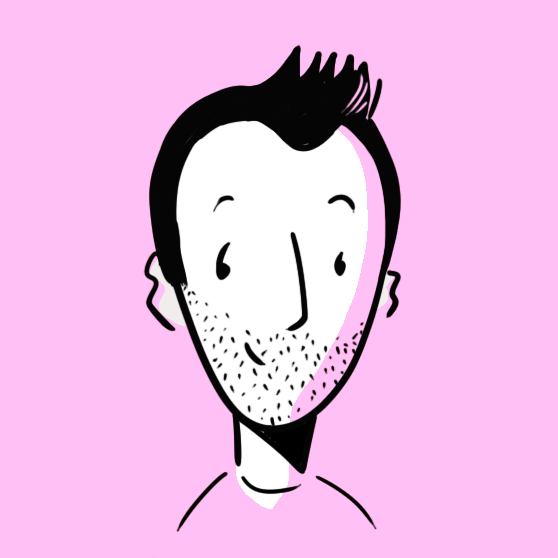Why should I paint? Why should I draw? What gives me the right to ‘waste time’ on either? It’s not productive. No one is buying it. I could be doing something valuable. It’s taking up space in the house. I can’t get rid of this stuff. No one is buying it.
What happened to us? When did we become so goal-focussed? We outsource our lives to give us more time. More time to make more money. More time to be more ‘productive’ – whatever that means. We’re in a culture that measures success by reach, followers, income, revenue, profit, time, clickers, friends. Numbers are easy. There are formulas to follow. Algorithms to game. If you play by those rules, you can win. Easy.
What’s really scary? Actual risk. Personal risk. I find it interesting that insurance companies don’t have a policy for you if you try to put your heart into the world and it doesn’t work out. Or you reveal your soul, and it’s mocked. Or you discover a weakness you have that shakes you and your identity to your core. Why isn’t this insured? Why aren’t VCs and investors looking to double-down on someone’s identity, mental health, courage, resilience?
Numbers protect us. They give us a value that we can pretend is a reflection of how successful or productive we are. How much we’re worth. Ridiculous phrases like “High-Net-Worth” individuals exist. For goodness sake.
But there’s another currency. One that only those who trade in it really understand. VCs won’t invest in it. Insurance companies won’t insure against its loss. No, it’s not Bitcoin. It doesn’t work on numbers. It can’t be objectively calculated or assessed for risk. No compensation can match a loss in this currency. It’s the currency of the soul.
When you work in a world of quantitative assessment, it’s difficult to prioritise things against a different set of outcomes. Outcomes that run so deeply that no one else understands them. Outcomes that aren’t objectively quantifiable. What sort of person am I? What is my moral code? What are my strengths and weaknesses? Who am I? There have been attempts by science to codify these things. But it’s not objective. It can’t be. This parallel world of qualitative outcomes is wholly subjective, and the only assessment that matters is one’s own. It’s about investing time in yourself, through making art. Art is one of the most important ways to discover who you really are.
So, make things. Things that fill your soul and mind with warmth. When you do, you’ll know what it’s like to be an artist. Once you get that glimpse, it’s a very difficult thing to turn away from. The returns in this market are joyous and overwhelming if you’re willing and courageous enough to play. They are found in the process. An activity where the objective view of third parties doesn’t matter, even though it’s difficult to ignore. People may still pass condescending remarks, or tell you that it doesn’t look like anything to them, or they don’t get the point of it. But that IS the point. Because art is about the artist. The individual. It’s the one activity that helps you make sense of the world. The act of creating is itself a step toward becoming a fuller person. One who is more in touch with their own weaknesses, fears, strengths, and who one really is.
You can’t game self-discovery through art. There are no rules that apply to more than one person. All we need to do is ignore the numbers and explore. Play, for play’s sake, what comes out will be art. And the market, for once, is in your favour.
